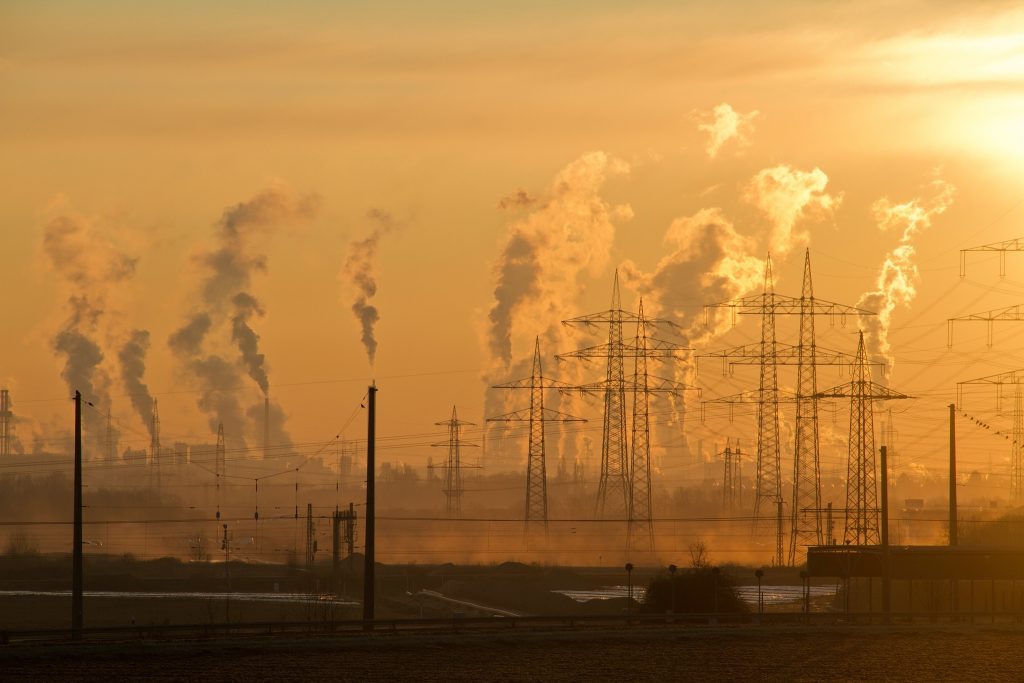New research by the Department of Management’s Dr Fred A. Yamoah and colleagues explores the relationship between innovation input, governance and carbon dioxide emissions.

There is no doubt that the humanitarian and economic impact of climate change is a matter for global concern. However, prior research tells us that it is emerging and developing economies that are likely to be hit hardest by the impact of global warming.
In their 2019 report, the Intergovernmental Panel on Climate Change (IPCC) found that emerging and developing economies, with their heavy reliance on agriculture, forestry and tourism, were more at risk from the adverse impact of climate change than more developed economies. Indeed, the IPCC found that every one-degree centigrade increase in temperature would lead to a 1.3% drop in economic growth in an emerging economy.
What role does innovation play in the fight against climate change?
Typically, the fate of countries in this position has been viewed somewhat fatalistically, with little known about what can be done to mitigate the damage caused by the poor climate choices of more developed countries. However, since innovative technologies are known to have a positive impact on climate change factors by conserving energy and reducing emissions, we wanted to know whether increased innovation input could support developing economies in the fight against climate change.
Our study involved an analysis of data from the World Bank database on 29 emerging countries over the period from 1990 to 2018. My colleagues Godfred Adjapong Afrifa, Gloria Appiah (both Kent Business School), Ishmael Tingbani (Bournemouth University) and I examined whether investment in cutting-edge technologies could help address climate change problems in emerging economies, and how this relationship is supported or mitigated by governance factors.
The impact of governance
Why is it important to consider governance alongside innovation and climate change? First of all, it is good for business: stakeholder theory tells us that organisations that please their stakeholders by following ethical norms of fairness, trustworthiness and respect are likely to see improved overall performance in the long term.
When it comes to climate change targets, governments and international governing bodies such as the EU or ECOWAS are among the most critical stakeholders, as they are more likely to take a long term view and possess the necessary regulatory powers to ensure best practices are upheld.
How innovation benefits emerging economies
The introduction of innovative technologies and practices can benefit emerging economies in a number of ways. For farmers, genetic technologies can develop resilient crops that adapt to environmental challenges in agriculture. New technologies also typically conserve energy and reduce harmful fuel emissions.
Looking at the data, our results suggest that emerging countries with high innovative competencies reduce climate change problems by approximately 26.8%, with a 10% increase in cutting-edge technology.
While these findings show the dramatic impact of innovation on mitigating the negative effects climate change, it is important to note that the positive results were moderated by governance factors, as the quality of governance influences countries’ investment in innovative technologies towards curbing environmental damage.
Contrary to the typically deterministic view of climate change, our results suggest that emerging economies’ innovation efforts could have a significant impact on national and global success in the fight against climate change.

